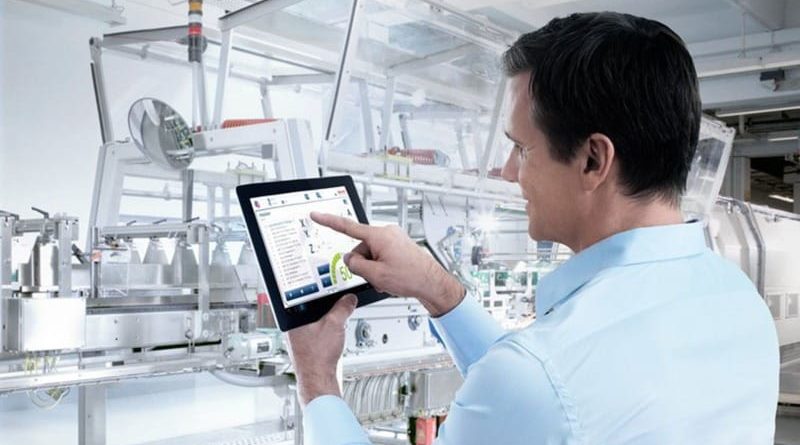
No resilience without sustainability
What are the chances that we can create a resilient economy in times of a pandemic? Logic would dictate that resilience is built ahead of a crisis in order to weather out the storm but reality many times means that what is logic has to be adapted to the circumstances we face.
Year 2020 will soon be over, and economies everywhere are still reeling from the impact of the health pandemic we are still facing and which is translating itself into an economic crisis.
How to move forward?
It is clear that a difficult period awaits us. Global growth is projected at –4.9 percent in 2020, 1.9 percentage points below the April 2020 forecast of the IMF’s World Economic Outlook (WEO). The recovery is projected to be more gradual than previously forecast. In 2021 global growth is projected at 5.4 percent. The WEO clearly states that the adverse impact on low-income households is particularly acute, imperiling the significant progress made in reducing extreme poverty in the world since the 1990s.
The IMF’s WEO Update places its attention on strong multilateral cooperation on multiple fronts, with a special emphasis on maintaining record drop in greenhouse gas emissions during the pandemic.
As we witness another rise in the number of Covid cases, it remains the policymakers’ responsibility to ensure that countries are not caught off guard.
Five years ago, all United Nations Member States adopted the Sustainable Development Goals (SDGs) – a universal call to action to end poverty, protect the planet and ensure that all people enjoy peace and prosperity. These goals, together with the Paris Agreement target, become important now more than ever. In view of the pandemic, we should be doing more – not less – to meet these targets. The bottom line of these targets is a sustainable future. Achieving this goes hand-in-hand with economic growth and job creation which in turn helps to develop a fairer and just society.
Earlier this year, the European Commission launched its ‘New Industrial Strategy for Europe’. Industry makes up more than than 20% of the EU’s economy and employs around 35 million people. To this, one can add the many millions more jobs linked to it at home and abroad. It accounts for 80% of goods exports and is a key reason behind the EU’s position as top global provider and destination for foreign direct investment. SMEs – the EU’s economic and social backbone – account for over 99% of all European firms.
These figures are a testimony to Europe’s need that its industries become greener and more digital, enhancing their competitiveness on a global level. he EU must take the lead.
At this critical time in the world’s history, our focus should be on supporting the industrial sector in way that leads to a resilient, sustainable, zero-pollution circular economy that is also digitalised and retains its competitiveness.
All industrial sectors should be contributing to the objective of achieving climate neutrality by 2050 at the latest and ensuring environmental protection as of now. Moreover, a strong industrial base is essential for the success of the green transition that is urgently needed.
I consider the COVID19 recovery as our opportunity to truly embed sustainability in our industrial processes and to accelerate the green transition. This means that the new European Industrial Strategy should be an enabler of a just green transition and it should form an integral part of the European Green Deal, boosting jobs and providing economic opportunities.
I want to see a digital and green transition that ensures sustainability and competitiveness but also a high level of socio-economic well-being of our people whilst reducing inequalities.
We have voted in the European Parliament on a Just Transition Fund which is there to help those workers and communities that are facing challenges due to the transition towards a climate-neutral economy. All Member States should invest in ensuring a just transition, one which ultimately would contribute to the creation of sustainable jobs and the upskilling and reskilling of workers. It is important to keep in mind that, to achieve this, we need to ensure the necessary vocational education and training to help upskill and reskill our workers. This would increase their employability and their capability to adapt to new jobs.
There is an urgent need: that of supporting innovation. Innovation can help us take on board breakthrough technologies. For this to happen, we need to make sure that we avoid and remove unnecessary regulatory burdens in particular for SMEs. This means that in the transition to a green and digital economy, we need to continue advocating for EU funding to be facilitated particularly for SMEs.
There is no argument that the key elements for a resilient and sustainable future are mainly innovation, digitisation and the green transition. If followed through, these would not only redefine economic growth whilst creating new jobs but would be guaranteeing a future on this planet for future generations.




